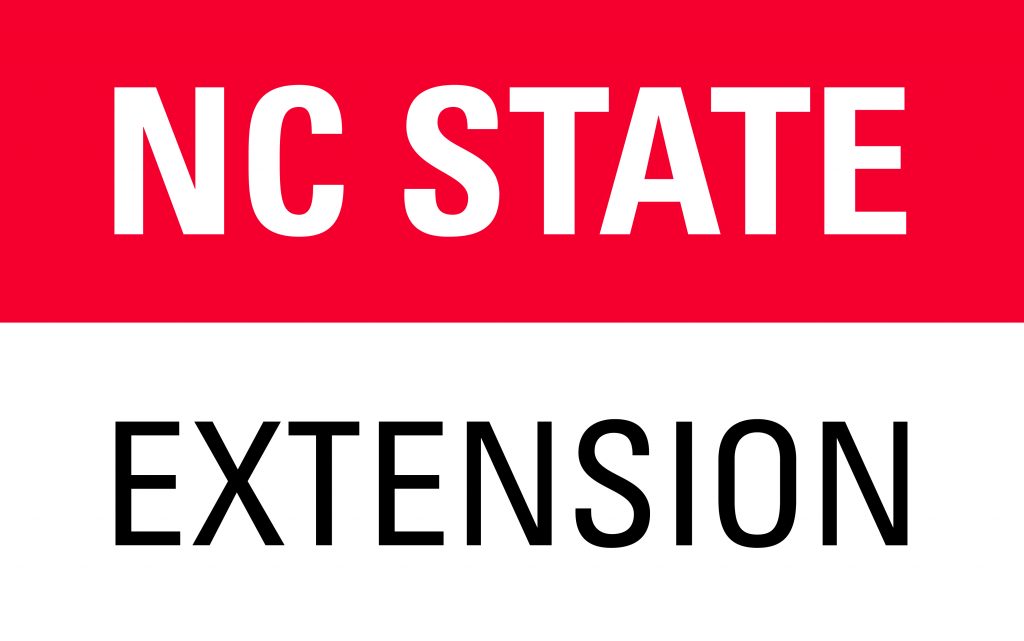
According to N.C. State Extension, North Carolina State University experts will lead a national project for COVID-19 research and outreach to the food sector with a $1 million grant from the U.S. Department of Agriculture.
“We really want to help the food sector make decisions based on the best available science, fill knowledge gaps and provide specific training,” said Ben Chapman, NC State University professor and Food Safety Extension Specialist. “This project will allow us to expand on work we started in March, coordinating a response to investigate virus persistence and other topics including the efficacy of face coverings for workers such as cashiers.”
The two-year grant through the National Institute of Food and Agriculture will support FoodCoVNET, a network of researchers at NC State University, Rutgers, the State University of New Jersey, the University of Florida, and the University of Nebraska-Lincoln.
Focus of Study
Scientists will focus on understanding the risks and best practices to address virus transmission between people in food settings like restaurants, produce packing facilities, and food manufacturing settings. FoodCoVNET collaborators will quantify viral transfer to and from hands, foods, and surfaces, as well as testing the effectiveness of disinfecting strategies. The team will test the viral persistence on foods, packaging, and food preparation surfaces under a range of pH levels, temperatures, humidities, and storage conditions.
“While we understand generally that the biggest risks in SARS-CoV-2 transmission are person-to-person, the food sector has challenges in physical distancing, managing airflow, and disinfection of high-touch surfaces,” said Michelle Danyluk, University of Florida professor of food science. “Evaluating the effectiveness of strategies with specific situations in mind, such as in produce packing facilities or in transport can hopefully lead us to help manage the devastation this pandemic has created within the food industry.”
Research Results
Results of the research will be used to develop COVID-19 training and educational materials for food handlers at each step from the farm to the final consumer. The grant team, which includes experts in food safety, virology, food production, microbiology, and science communication, began working together early in the pandemic to fill a critical need for information on how to keep food handlers and customers safe.
“There was a lack of food sector-specific information in March that led to our team to come together to evaluate messages that were being distributed by others and create our own,” said Don Schaffner, extension specialist in food science and distinguished professor at Rutgers, the State University of New Jersey. ”There continues to be a huge need to screen, distill, and translate the firehose of data on viral persistence and transfer into usable recommendations for the food industry.”
Research-based practices helped the restaurant industry reopen at a time when an estimated 8 million restaurant employees were out of work, said the National Restaurant Association’s Lawrence J. Lynch, who serves as president of the National Registry of Food Safety Professionals and senior vice president for certification and operations.
“As this virus continues to impact lives, it is critical to partner in finding scientifically valid responses to reduce or eliminate the risk of the virus while allowing businesses the opportunity to rebuild, for employees to return to work and for the public to safely dine,” Lynch said.
The project will study and share recommendations to prevent transmission of the novel coronavirus at every stage of food production, “from the farm to the consumer and all the steps in between,” said Byron Chaves, assistant professor and food safety extension specialist at the University of Nebraska-Lincoln. “We will conduct laboratory-based studies to better understand viral behavior under different conditions and what that means for producers, food processors, and retailers.”
Other Industry Partners
Other industry partners the team works with include the Food Marketing Institute and the American Frozen Food Institute.
“Through this grant, we’ll continue to work closely with our industry partners to find and fill the gaps in data and offer practical guidance to help prevent the spread of COVID-19,” Chapman said. “This pandemic is most certainly a watershed moment for the world of public health, health, science, communication, and epidemiology, and that has spilled over into the world of food safety.”









